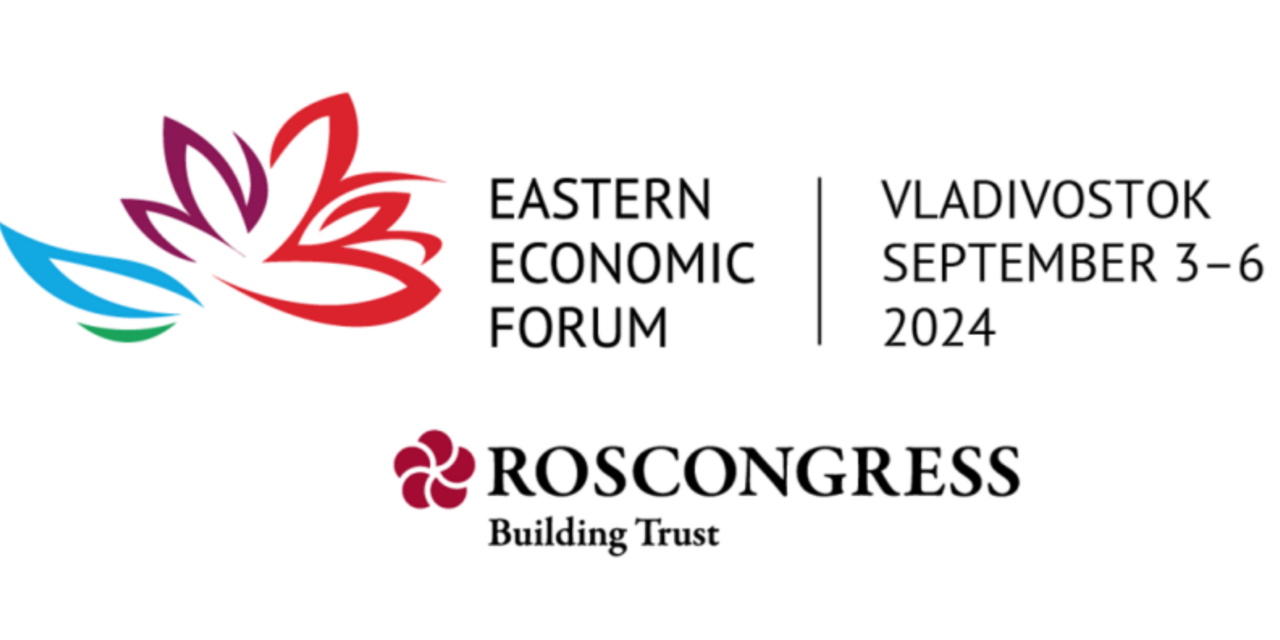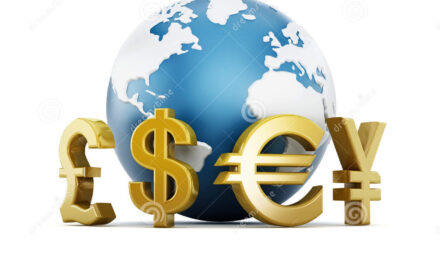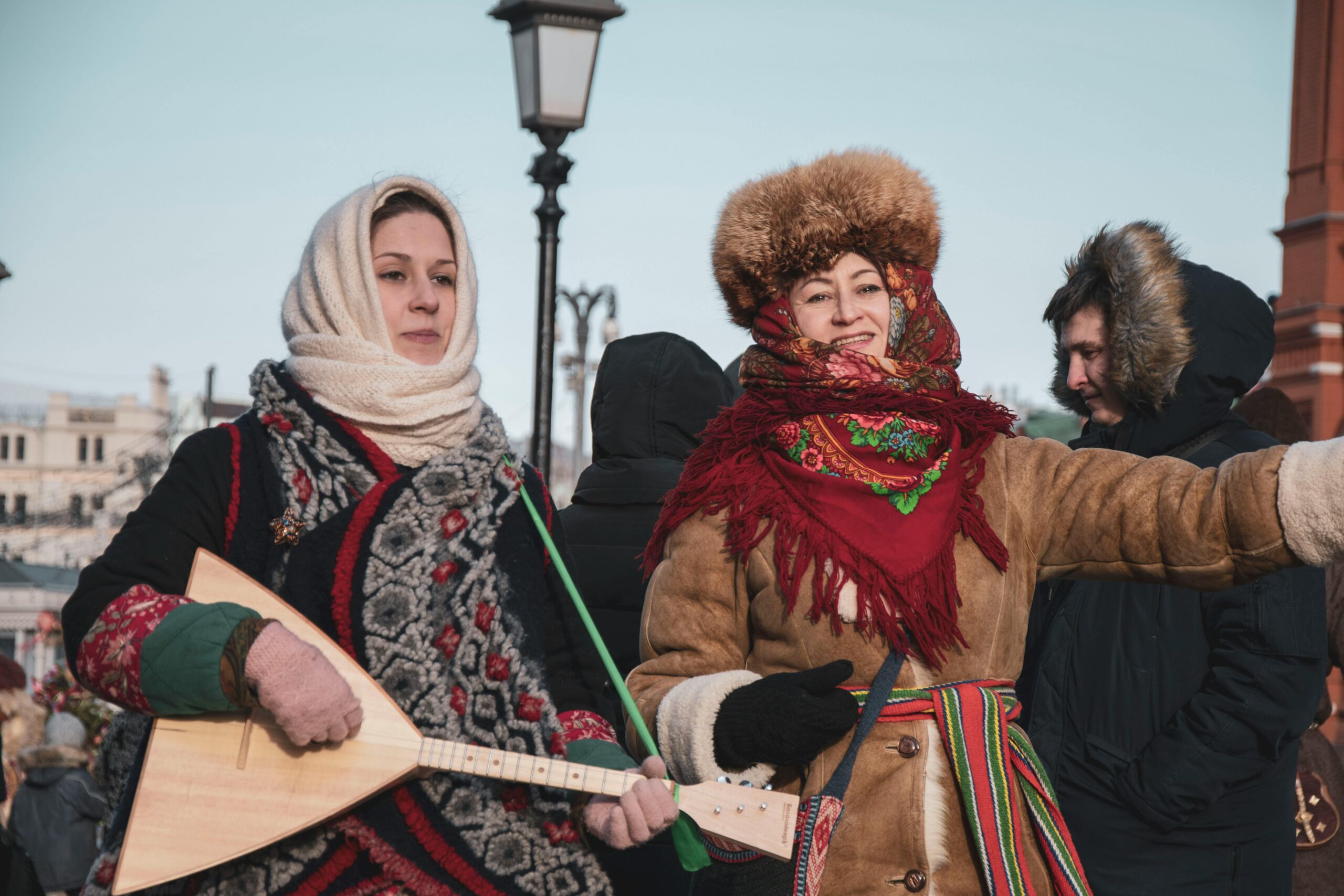The Eastern Economic Forum (EEF) has grown into a major platform for discussing the economic development of Russia’s Far East and its integration into the broader Asia-Pacific region. Since its inception in 2015, the forum has consistently attracted global attention, bringing together leaders from government, business, and academia to explore strategies for enhancing the region’s economic potential. This year, the forum, held from September 3-6 in Vladivostok, promises to be especially significant, with its theme, “Far East 2030,” setting the tone for discussions on the future of this strategically important region.
1. Main Themes and Participants
The 2024 EEF will centre on several key themes, each reflecting the broader goals of Russia’s development strategy for the Far East. Among these themes, the most prominent are the development of the Far Eastern and Arctic territories, strengthening international cooperation in the Asia-Pacific region, and promoting technological and economic innovation.
Yury Trutnev, the Russian Deputy Prime Minister and Presidential Plenipotentiary Envoy to the Far Eastern Federal District will play a central role in the discussions. Trutnev has long been an advocate for the region’s development, emphasizing the importance of creating advanced development territories, expanding the Free Port of Vladivostok, and implementing the Far Eastern Hectare program. These initiatives are seen as vital for attracting investment and fostering economic growth in the region.
The forum will also see participation from business leaders and government representatives from across the Asia-Pacific region. Countries like China, India, and ASEAN members will be well-represented, reflecting the growing economic ties between these nations and Russia. The forum’s agenda will include discussions on multilateral partnerships within frameworks like BRICS, the Shanghai Cooperation Organization (SCO), and the Eurasian Economic Union (EAEU). Topics such as the energy transition, digital currency development, and infrastructure modernization will be high on the agenda.
2. The Far East and Arctic Development
One of the primary goals of the EEF is to foster the development of Russia’s Far Eastern and Arctic territories. These regions are rich in natural resources and strategically located, making them crucial to Russia’s long-term economic and geopolitical strategies. However, they have also faced significant challenges, including harsh climates, underdeveloped infrastructure, and a declining population.
At the forum, discussions will focus on how to overcome these challenges and unlock the potential of these regions. Infrastructure development will be a key topic, with special attention given to the modernization of transport and logistics networks. The Northern Sea Route, which offers a shorter passage between Europe and Asia, will be a focal point, as will regional aviation, which is vital for improving connectivity within the vast expanses of the Far East.
In addition to infrastructure, the forum will explore opportunities in sectors such as agriculture, tourism, small business, and fisheries. These industries are seen as essential for diversifying the regional economy and creating sustainable jobs. The Far Eastern Hectare program, which offers free land to Russian citizens willing to move to the region, will also be discussed as a tool for encouraging population growth and economic activity.
3. International Cooperation in the Asia-Pacific
The Asia-Pacific region is increasingly becoming a focal point of global economic activity, and Russia is keen to strengthen its ties with the countries in this region. The EEF will serve as a platform for discussing how to enhance these ties, particularly through multilateral organizations like BRICS, the SCO, and the EAEU.
One of the key topics will be the role of Southeast Asia in the global economy, particularly as the world moves towards a more multipolar order. Russia sees Southeast Asia as a critical partner in its efforts to diversify its economic relationships and reduce its dependence on Western markets. The forum will explore opportunities for cooperation in areas such as trade, investment, and technology transfer.
Another important aspect of international cooperation that will be discussed at the forum is the energy transition. As the world moves towards cleaner energy sources, Russia is looking to develop new partnerships in the Asia-Pacific region to support its own energy transition efforts. This includes exploring opportunities in renewable energy, as well as in the development of digital currencies and other financial technologies that can facilitate trade and investment in the region.
4. Technological and Economic Innovation
Innovation is a key driver of economic growth, and the EEF will place a strong emphasis on promoting technological and economic innovation in the Far East. This includes the development of new technologies in areas such as cybersecurity, robotics, and the new materials industry. These technologies are seen as essential for ensuring Russia’s economic independence and competitiveness in the global economy.
The forum will also explore the role of intellectual property protection and commercial arbitration in fostering innovation. These are important issues for businesses operating in the Asia-Pacific region, where differences in legal systems and intellectual property laws can create challenges for companies looking to invest in new technologies.
5. Youth and Human Capital Development
The development of human capital is critical for the long-term success of the Far East, and the EEF will include discussions on how to support the region’s youth and build a skilled workforce. This will include exploring strategies for improving education, promoting patriotism, and encouraging young people to stay in the region and contribute to its development.
One of the key initiatives that will be discussed is the establishment of new educational institutions and programs in the Far East. These institutions will be designed to provide young people with the skills they need to succeed in the modern economy, particularly in areas such as technology and entrepreneurship.
6. Infrastructure and Logistics
Infrastructure development is a critical component of the EEF’s agenda, particularly in the context of the Far East. The region’s vast size and harsh climate make it difficult to build and maintain infrastructure, but it is essential for supporting economic growth and improving the quality of life for residents.
The forum will include discussions on how to modernize the region’s infrastructure, with a focus on transport and logistics. This includes the development of new roads, railways, and airports, as well as the expansion of the Northern Sea Route. These projects are seen as essential for improving connectivity within the region and between the Far East and the rest of Russia.
7. Cultural and Sports Programs
In addition to the business agenda, the EEF will also feature a range of cultural and sports programs designed to showcase the region’s unique heritage and attract tourists. This includes events like the Falcon Day International Forum, the Far East Street Exhibition, and the EEF Sports Games. These events will provide participants with an opportunity to experience the rich culture and natural beauty of the Far East, while also promoting tourism as a key economic driver for the region.
The Significance of the EEF for Vladivostok and the Primorsky Krai
The 2024 EEF is not just a platform for discussing economic issues; it is also a critical event for the city of Vladivostok and the Primorsky Krai region. As the host city, Vladivostok stands to gain significantly from the forum, both in terms of immediate economic benefits and long-term development prospects.
1. Boost to the Local Economy
The influx of participants from around the world will provide a significant boost to Vladivostok’s economy. Hotels, restaurants, and local businesses are expected to see increased demand, providing a welcome injection of revenue. The forum will also attract media attention, helping to raise the city’s profile on the global stage.
Beyond the immediate economic benefits, the EEF will also contribute to the long-term development of Vladivostok and the Primorsky Krai region. The discussions and agreements reached at the forum could lead to new investments in infrastructure, industry, and tourism, all of which are vital for the region’s future growth.
2. Positioning Vladivostok as a Gateway to Asia
Vladivostok’s strategic location on the Pacific coast makes it a natural gateway to Asia, and the EEF will help to reinforce this role. The city’s port, already one of the busiest in Russia, could see increased traffic as new trade routes are developed between Russia and Asia. The forum will also highlight Vladivostok’s potential as a hub for tourism, with its proximity to countries like China, Japan, and South Korea making it an attractive destination for international travellers.
3. Cultural Exchange and International Cooperation
The EEF will also serve as a platform for cultural exchange and international cooperation, with representatives from various countries coming together to discuss shared challenges and opportunities. This includes not only government and business leaders but also cultural and academic figures, who will participate in events like the Falcon Day International Forum and the Far East Street Exhibition. These events will help to strengthen ties between Russia and its Asia-Pacific neighbours, while also promoting Vladivostok as a centre of cultural and intellectual exchange.
The Uplifting Component: What the Forum Means for the Far East
The 2024 EEF represents more than just a series of meetings and discussions; it is a symbol of hope and opportunity for the Far East. For decades, this region has faced significant challenges, from harsh climates and underdeveloped infrastructure to declining populations and economic stagnation. But the EEF offers a vision of a brighter future, one in which the Far East becomes a thriving, dynamic region at the heart of the global economy.
The forum’s focus on infrastructure development, technological innovation, and international cooperation is particularly significant. By investing in these areas, Russia is laying the groundwork for long-term growth and prosperity in the region. This growth is not just about economics; it’s about improving the quality of life for the people who call the Far East home. New infrastructure will mean better connectivity and access to services, while technological innovation will create new jobs and opportunities. The focus on human capital development, particularly through education and youth programs, ensures that the region’s young people have the skills they need to succeed in the future.
For Vladivostok and the Primorsky Krai, the EEF offers a unique opportunity to showcase their potential to the world. As the host city, Vladivostok will be in the spotlight, with participants from around the globe getting a firsthand look at the city’s capabilities and opportunities. The forum will help position Vladivostok as a key player in the Asia-Pacific region, attracting new investments and partnerships that will drive the city’s growth for years to come.
The International League of Nations and Australia’s Unique Role
Adding a special note of interest to this year’s forum is the participation of a representative from the ILON. This representative, an Australian native, will be the only attendee from Australia, marking a significant moment of international engagement. This involvement hints at the growing global interest in the Far East and the recognition of its strategic importance on the world stage.
The presence of the ILONs at the EEF underscores the forum’s significance as a global event, one that transcends regional boundaries and engages with issues of international concern.
The fact that this representative is the only Australian native attending the forum adds an element of prestige and responsibility. They will not only represent their country but also serve as a bridge between Russia and Australia, fostering dialogue and cooperation between the two nations. This could open up new avenues for collaboration, particularly in areas like tourism, education, and environmental protection, where Australia has significant expertise to offer.
Conclusion
The 2024 Eastern Economic Forum is poised to be a landmark event for Russia’s Far East, offering a platform for discussing critical issues related to the region’s development and its integration into the Asia-Pacific economy. The forum’s focus on infrastructure, technological innovation, and international cooperation reflects the broader goals of Russia’s development strategy for the Far East, while the participation of a representative from the International League of Nations adds an element of global significance.
For Vladivostok and the Primorsky Krai, the EEF offers a unique opportunity to showcase their potential to the world and attract new investments and partnerships. The forum will help to position Vladivostok as a key player in the Asia-Pacific region, driving the city’s growth and development for years to come. The involvement of the International League of Nations and the Australian representative adds a unique dimension to the forum, highlighting its importance as a global event that engages with issues of international concern.
As the EEF unfolds, it will undoubtedly shape the future of the Far East, setting the stage for a new era of growth and prosperity in this vital region of Russia.





